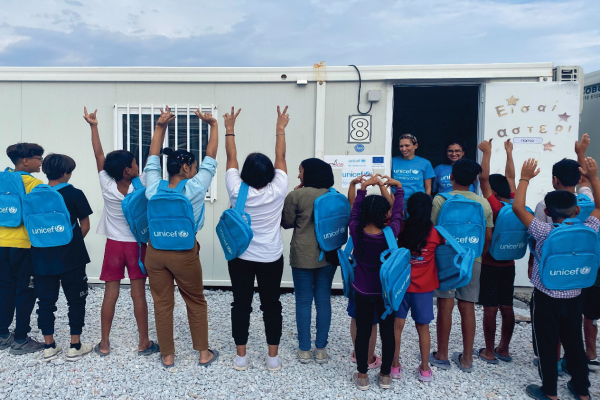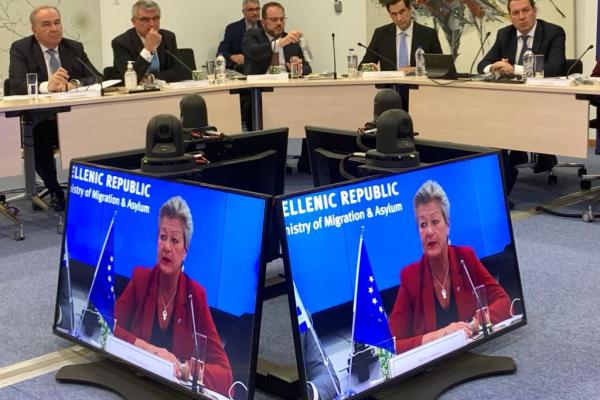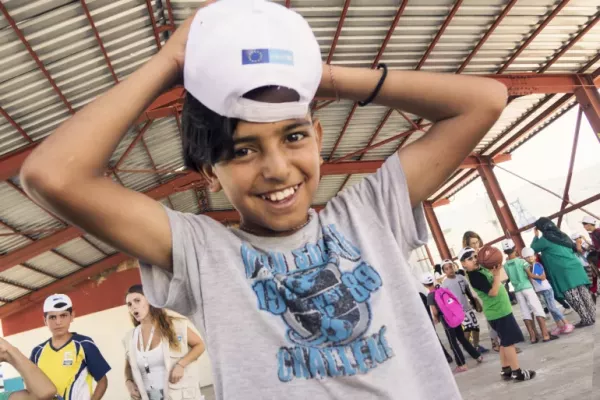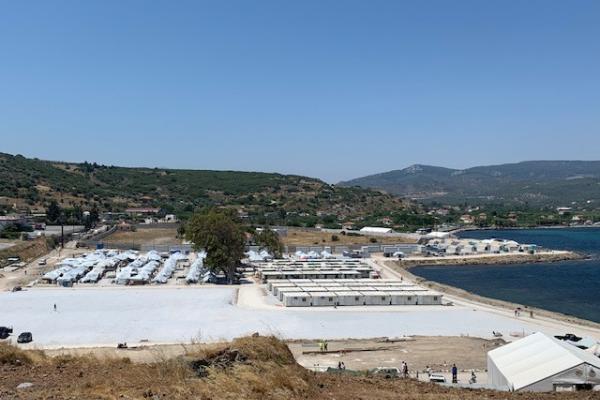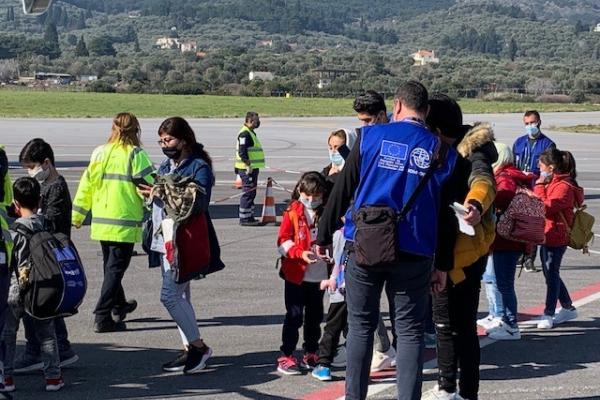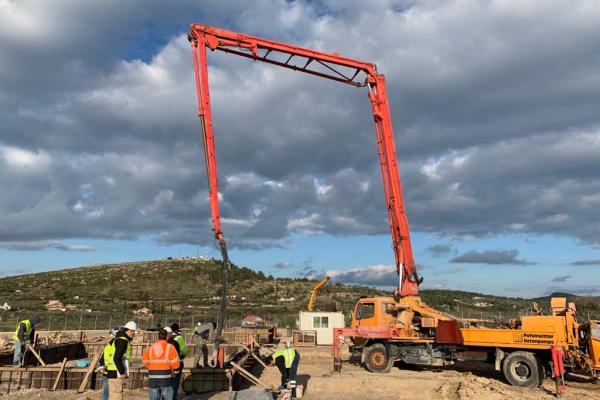The European Commission has been supporting Greece to strengthen the national migration management system. DG HOME’s dedicated Task Force for Migration Management assists national efforts to manage borders, improve reception capacity and living conditions for migrants and asylum seekers, and to facilitate integration, working together with national and local actors as well as NGOs on the ground.
Managing borders and arrivals
The European Commission assists the Greek authorities with border management support. Operationally, EU Agencies are helping on the ground and financially, EUR 1 billion is allocated from the Home Affairs 2021-2027 Funds. These funds also provide for border surveillance across the external border, in the mainland and on the islands.
A new Action Plan expanding support in the area of returns was agreed in 2023 with FRONTEX. The Assisted Voluntary Return and Re-integration scheme (AVRR), facilitating the return of non-EU nationals to their country of origin, has proven successful in easing the return process. The Commission also supports the voluntary relocation of asylum applicants and beneficiaries of international protection from one EU Member State to another and to 4 Schengen associated countries. Between April 2020 and March 2023, there were 5,121 relocations of vulnerable asylum seekers from Greece, including 1,367 unaccompanied minors.

Improving reception capacity and conditions
First reception procedures are carried out in Multi-Purpose Reception and Identification Centres on the islands.
Extensive EU funded construction works, amounting to EUR 276 million, are substantially improving overall reception capacity and conditions. By the end of 2023, the new Reception Centres of Lesvos, Samos, Leros, and Kos, and the upgrades in the Reception Centre of Chios are expected to add a total of 12,000 places to the national reception system. The new infrastructures enhance safety for residents and staff, and improve living conditions with better sanitary facilities, biological wastewater treatments, and winterised accommodation; recreational spaces with computer areas, leisure rooms, and sports courts; as well as canteens, kitchens, and laundry areas.
Progress was also achieved across the mainland, in the Reception Centres of Diavata, Malakasa, and Fylakio, ensuring dignified treatment of individuals and the provision of necessary services.
Supporting integration
Reinforced by the EU and implementing partners on the ground, the Greek government offers support and a range of services through social integration programmes.
The Hellenic Integration Support for Beneficiaries of International Protection (HELIOS) is currently the most important integration programme in Greece. More than 44,852 persons have benefited from this programme that provides education and employability support, while 9,992 households received rental subsidies since June 2019. First implemented by the IOM with over EUR 60 million in EU funds, it is now run by the Ministry for Migration and Asylum. The project is expected to receive EU funding ensuring its long-term continuation, through the European Social Fund (ESF+).
Vulnerable asylum seekers were offered more than 27,000 accommodation places in urban flats through the Emergency Support to Integration and Accommodation (ESTIA). Focusing on housing, ESTIA has long been a flagship project. Meanwhile, UNICEF’s All Children in Education (ACE) programme offers non-formal education to migrant children across Greece, preparing them for the national education system. Financed by the European Commission, the programme helped more than 12,230 children enrol in Greek schools by mid-2023.
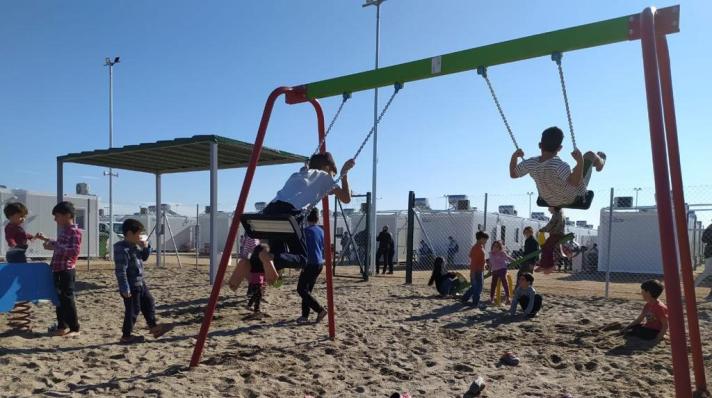
Protecting unaccompanied migrant children
The number of unaccompanied migrant children (UMC) has decreased over the past years, from 5,000 to 1,800, and living conditions have improved significantly. With the allocation of EUR 53.4 million from the Asylum Migration and Integration Fund (AMIF), facilities hosting up to 2,000 UMC are now operating in the country’s mainland.
Moreover, the Commission supports the Greek National Emergency Response Mechanism (NERM) for tracing, registering, and providing emergency accommodation to UMC living in insecure conditions. The MERIMNA project for safeguarding children at the Greek border points, initially implemented by the IOM with the bilateral support of other Member States, addresses protection gaps and immediate needs of children residing in Reception and Identification Centres.
Ensuring access to healthcare services
Under the Asylum Migration and Integration Fund (AMIF), and in collaboration with the UNHCR and the IOM, the European Commission and the Greek authorities ensure access to primary medical care, mental health, psychosocial support, emergency assistance, and protection activities in Reception Centres across Greece.
The AMIF funded Emergency Health Response has enhanced overall health-care services, capacity, and infrastructures. With the procurement of modular and mobile medical clinics, Reception Centres are better equipped to care for their residents. Led by medical teams on the ground, the project aims to further enhance health care services for migrants in Greece.

